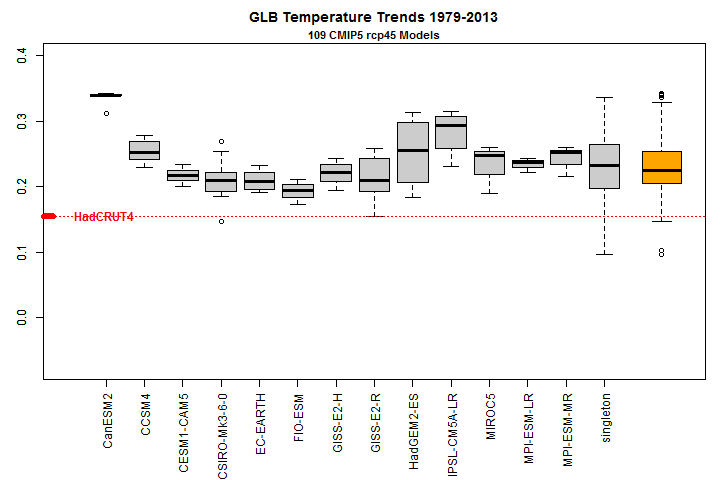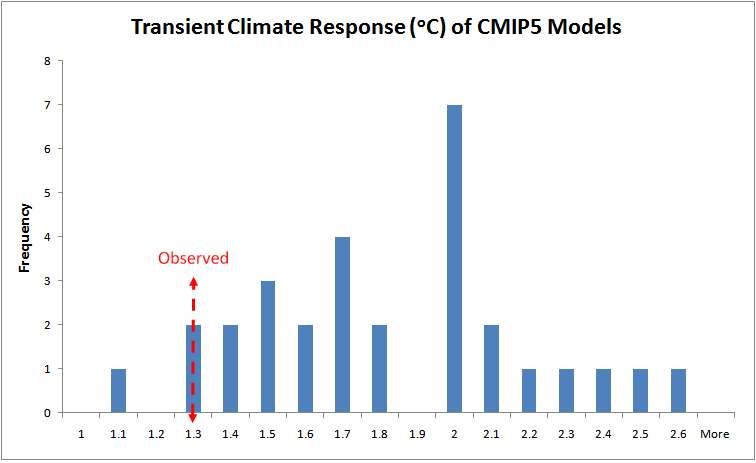 ArtK78, on 2014-January-20, 12:59, said:
ArtK78, on 2014-January-20, 12:59, said:
Well excuse me all to Hell.

Posted 2014-January-20, 20:37
 ArtK78, on 2014-January-20, 12:59, said:
ArtK78, on 2014-January-20, 12:59, said:

Posted 2014-January-20, 21:37

Posted 2014-February-02, 09:26

Posted 2014-February-27, 09:16


Posted 2014-February-27, 09:48
 Al_U_Card, on 2014-February-27, 09:16, said:
Al_U_Card, on 2014-February-27, 09:16, said:


Posted 2014-February-27, 09:53

Posted 2014-February-27, 11:07



Posted 2014-February-27, 12:29
 Al_U_Card, on 2014-February-27, 11:07, said:
Al_U_Card, on 2014-February-27, 11:07, said:

Posted 2014-February-28, 08:02
 hrothgar, on 2014-February-27, 09:48, said:
hrothgar, on 2014-February-27, 09:48, said:

Posted 2014-February-28, 08:31

Posted 2014-March-01, 16:06

Posted 2014-March-11, 08:02
 Cascade, on 2014-February-28, 08:02, said:
Cascade, on 2014-February-28, 08:02, said:

Posted 2014-March-18, 12:18
Quote

Posted 2014-March-18, 18:12

Posted 2014-March-19, 03:46
 PassedOut, on 2014-March-18, 12:18, said:
PassedOut, on 2014-March-18, 12:18, said:

Posted 2014-March-19, 05:12
 WellSpyder, on 2014-March-19, 03:46, said:
WellSpyder, on 2014-March-19, 03:46, said:

Posted 2014-March-19, 14:54


Posted 2014-March-19, 16:41
 Daniel1960, on 2014-March-19, 05:12, said:
Daniel1960, on 2014-March-19, 05:12, said:

Posted 2014-March-20, 05:21
 PassedOut, on 2014-March-19, 16:41, said:
PassedOut, on 2014-March-19, 16:41, said:

Posted 2014-March-20, 06:09
 Daniel1960, on 2014-March-20, 05:21, said:
Daniel1960, on 2014-March-20, 05:21, said: